When it comes to understanding consumer behavior, motivation plays a crucial role. Motivation is the driving force behind why consumers behave the way they do, what influences their decision-making process, and how they interact with products and services.
In this comprehensive guide, we will delve deep into the topic of motivation in consumer behavior, exploring its definition, theories, and practical implications. Whether you’re a marketer, business owner, or simply curious about human behavior, this article will provide valuable insights into what motivates consumers and how it impacts their choices.
What is Motivation in Consumer Behaviour?
Motivation in consumer behavior refers to the internal psychological processes that drive individuals to take certain actions, make specific purchasing decisions, and engage with brands. It involves the underlying reasons, needs, desires, and goals that propel consumers towards satisfying their wants and achieving a particular outcome.
Understanding consumer motivation is essential for businesses as it helps them identify the factors that influence consumer behavior and develop effective marketing strategies to attract and retain customers.

Kentrix: Your Competitive Edge – Click to Gain Insights Today!
Theories of Motivation in Consumer Behaviour
1. Maslow’s Hierarchy of Needs
One of the most well-known theories of motivation is Abraham Maslow’s Hierarchy of Needs. According to Maslow, individuals are motivated by a hierarchy of needs, ranging from basic physiological needs to higher-level psychological needs. The hierarchy consists of five levels:
Physiological Needs
At the base of the hierarchy are physiological needs, such as food, water, shelter, and clothing. Meeting these basic needs is crucial for survival and forms the foundation of motivation.
Safety Needs
Once physiological needs are fulfilled, individuals seek safety and security. This includes personal safety, financial stability, and protection from harm.
Social Needs
The next level in the hierarchy is social needs, which involve the desire for love, belongingness, and social interaction. Consumers are motivated to seek acceptance, friendship, and meaningful relationships.
Esteem Needs
Esteem needs encompass the desire for recognition, status, and self-esteem. Consumers strive for achievements, respect from others, and a positive self-image.
Self-Actualization Needs
The highest level of Maslow’s hierarchy is self-actualization. It represents the need for personal growth, self-fulfillment, and realizing one’s full potential. Individuals motivated by self-actualization seek personal development and pursue activities aligned with their values and passions.

Kentrix: Turn Data into Actionable Insights – Click Here to Transform Your Business
2. Expectancy Theory
Another influential theory is the Expectancy Theory, proposed by Victor Vroom. This theory suggests that individuals are motivated to act based on their beliefs about the link between effort, performance, and desired outcomes. The theory emphasizes three key elements:
Expectancy
Expectancy refers to the belief that exerting effort will lead to successful performance. Consumers are motivated when they perceive that their actions will produce the desired results.
Instrumentality
Instrumentality involves the belief that successful performance will result in desired outcomes or rewards. Consumers are motivated when they believe that their efforts will lead to positive outcomes, such as discounts, incentives, or recognition.
Valence
Valence represents the value or attractiveness consumers attach to the expected outcomes. Motivation is high when consumers perceive the rewards as valuable and relevant to their needs and goals.
Factors Influencing Consumer Motivation
Consumer motivation is influenced by various factors that shape individuals’ perceptions, preferences, and decision-making processes. Let’s explore some of the key factors:
1. Needs and Wants
Consumer motivation is driven by the discrepancy between their current state (needs) and desired state (wants). When consumers identify a gap between what they have and what they desire, it creates motivation to take action and bridge that gap.
2. Personal Values and Beliefs
Consumers’ personal values and beliefs significantly influence their motivation. Values are deeply ingrained principles and beliefs that guide individuals’ choices and behaviors. Understanding the values and belief systems of target consumers can help businesses align their marketing messages and offerings accordingly.
3. Cultural and Social Factors
Cultural and social factors play a vital role in shaping consumer motivation. Cultural norms, societal expectations, and peer influence all impact how individuals perceive and respond to marketing stimuli. Businesses must consider these factors to effectively motivate consumers from different cultural backgrounds.
4. Emotional Appeals
Emotions play a significant role in consumer motivation. Marketers often leverage emotional appeals to tap into consumers’ desires, fears, and aspirations. Emotionally engaging advertisements, storytelling, and experiential marketing can evoke strong motivation and drive consumer behavior.
5. Product Involvement
The level of consumer involvement with a product or service affects their motivation. Highly involved consumers are more motivated to seek information, evaluate alternatives, and make informed purchase decisions. Marketers can enhance motivation by creating opportunities for consumers to engage with the product and develop a sense of ownership.

Kentrix: Your Competitive Edge – Click to Gain Insights Today!
FAQs (Frequently Asked Questions)
Q1: What are the different types of motivation in consumer behavior?
There are two primary types of motivation in consumer behavior:
- Intrinsic Motivation: This type of motivation comes from within the individual. Consumers are driven by internal rewards, such as personal enjoyment, curiosity, or self-expression.
- Extrinsic Motivation: Extrinsic motivation stems from external rewards or incentives, such as discounts, rewards programs, or social recognition.
Q2: How can businesses use consumer motivation to their advantage?
Businesses can leverage consumer motivation to influence buying behavior and enhance customer loyalty. By understanding what motivates their target audience, businesses can tailor their marketing messages, product features, and incentives to align with consumer needs and desires.
Q3: Can motivation be influenced by advertising?
Yes, advertising plays a significant role in influencing consumer motivation. Well-crafted advertisements that tap into consumers’ desires, emotions, and aspirations can effectively motivate them to consider a product, make a purchase, or change their behavior.
Q4: Are there any ethical considerations when leveraging consumer motivation?
Yes, ethical considerations are crucial when leveraging consumer motivation. Businesses must ensure that their marketing practices align with ethical standards and do not exploit or manipulate consumers’ vulnerabilities. Transparency, honesty, and respect for consumer autonomy should guide marketing efforts.
Q5: How can businesses measure consumer motivation?
Consumer motivation is challenging to measure directly, as it is an internal psychological state. However, businesses can employ various indirect measures, such as surveys, interviews, observation, and analyzing consumer behaviors and choices.
Q6: What are some common pitfalls to avoid when trying to motivate consumers?
Some common pitfalls to avoid when trying to motivate consumers include:
- Overpromising and underdelivering
- Ignoring individual differences and preferences
- Failing to communicate value effectively
- Neglecting to create an emotional connection with consumers
- Relying solely on extrinsic rewards without considering intrinsic motivation
Conclusion
Motivation is a fundamental aspect of consumer behavior that drives individuals to make purchasing decisions and engage with brands. By understanding the underlying factors and theories of motivation, businesses can develop strategies that resonate with their target consumers and drive desirable outcomes.
Remember, motivation is not a one-size-fits-all concept. It varies across individuals and contexts, making it crucial for businesses to continually assess and adapt their approaches to effectively influence consumer behavior.
Read More,
How Data Analytics is Revolutionizing Market Entry Strategy for Online Pharmaceutical Retail


